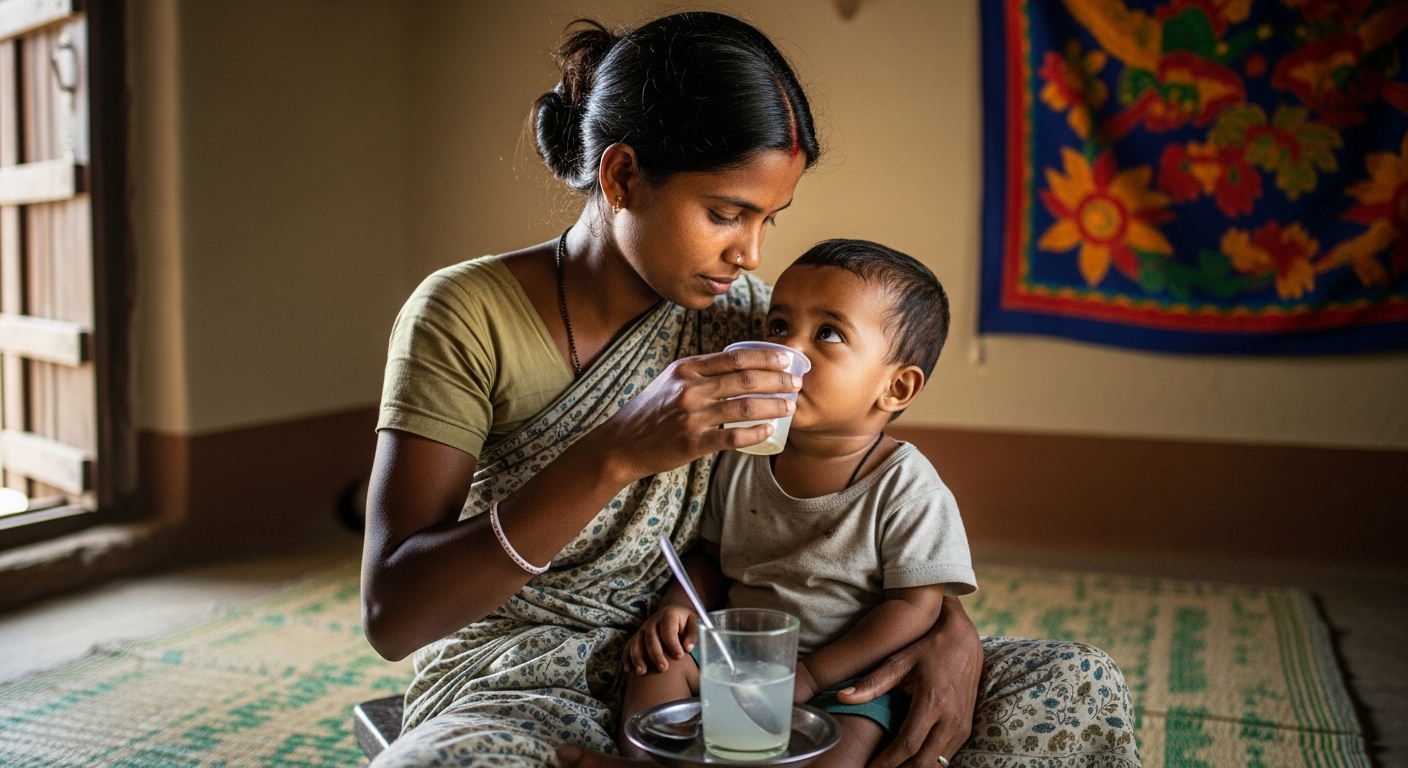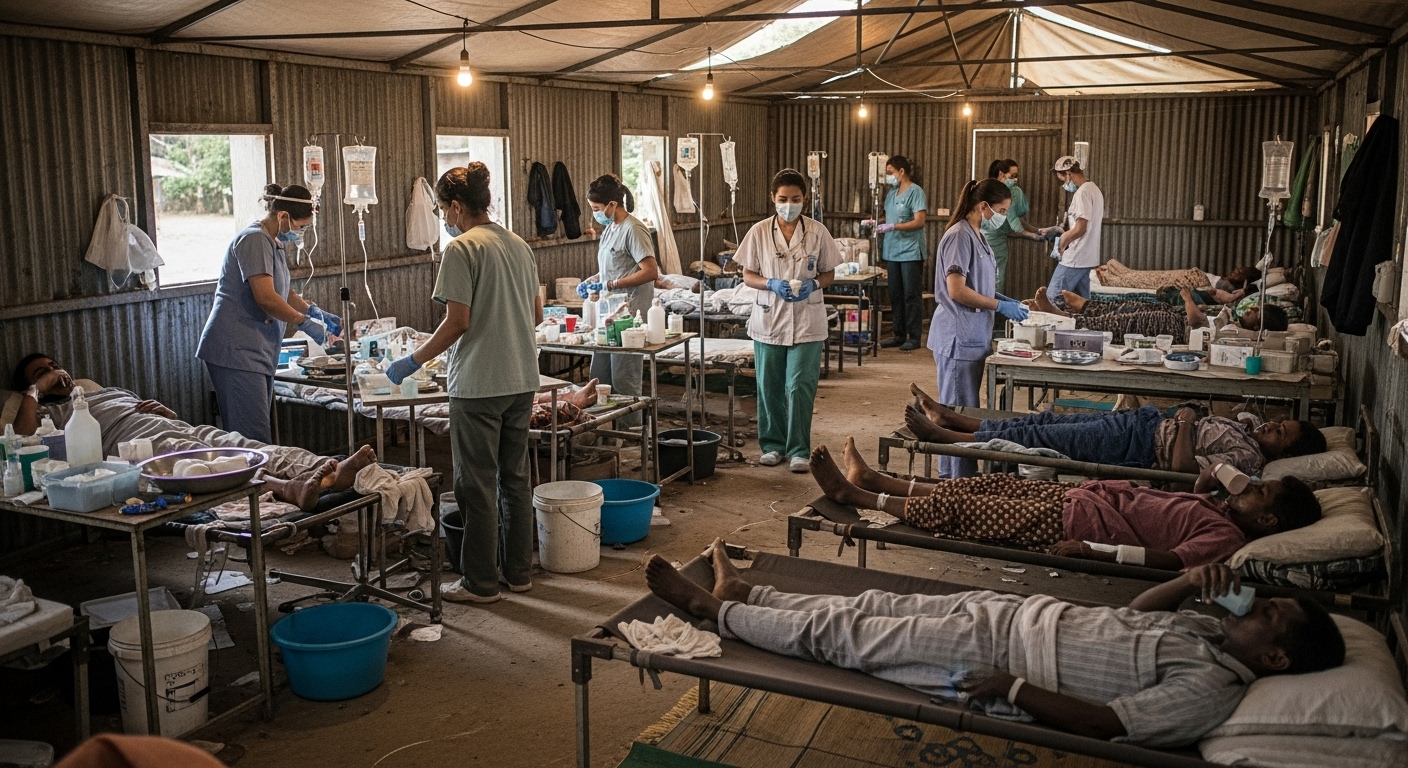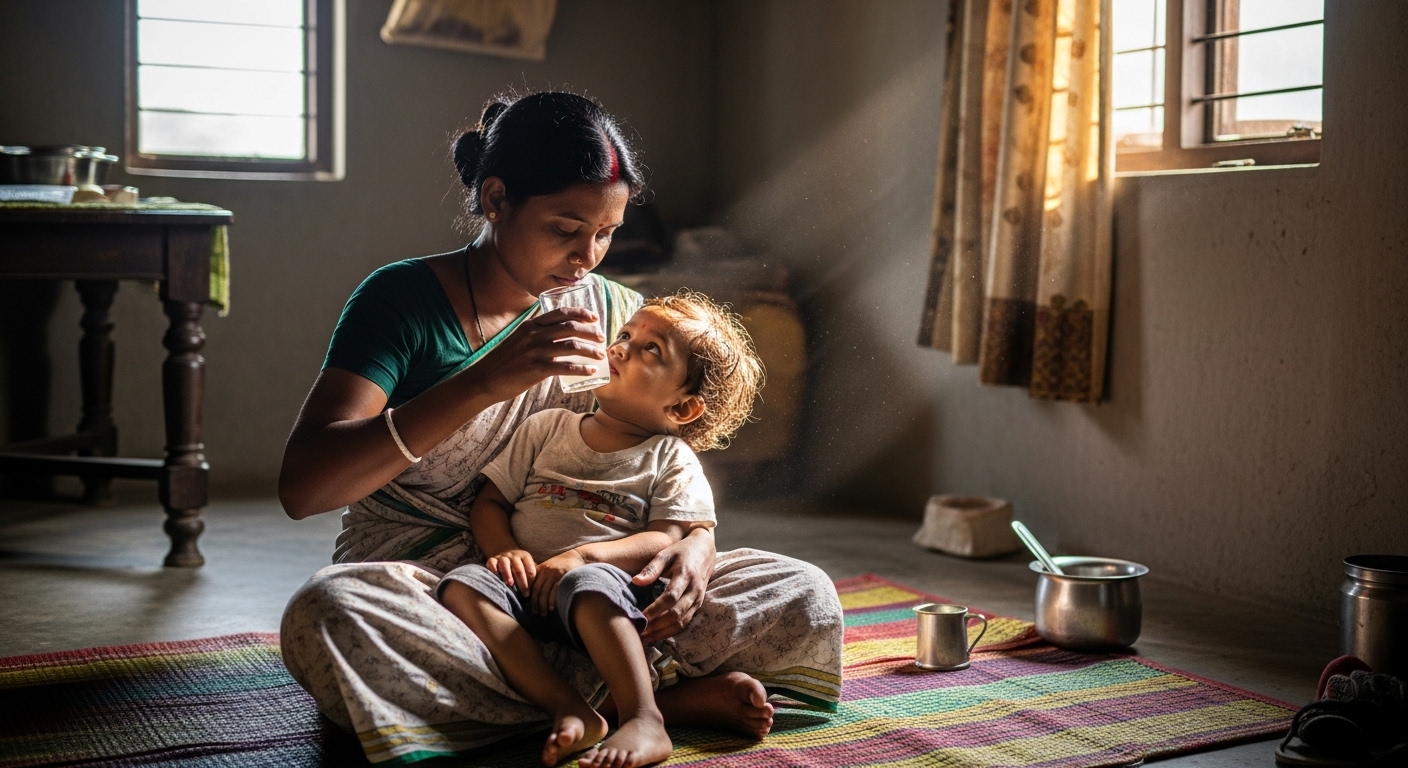Fifty Years of Oral Rehydration Therapy: The Solution Is Still Simple
Dr. Kumar’s Take:
Oral rehydration therapy (ORT) has saved an estimated 70 million lives since its adoption by WHO in the 1970s. This Lancet perspective revisits its origins, celebrates the science behind it, and reminds us that the simplest solutions often have the most profound impact. Half a century later, ORT remains a cornerstone of global health.
Key Takeaways:
✔ ORT has saved more lives than any single medical therapy in history.
✔ Annual child deaths from diarrhea fell from over 5 million to under 500,000.
✔ The core formula remains nearly unchanged since the 1970s.
✔ Education, access, and continued advocacy keep it relevant today.



